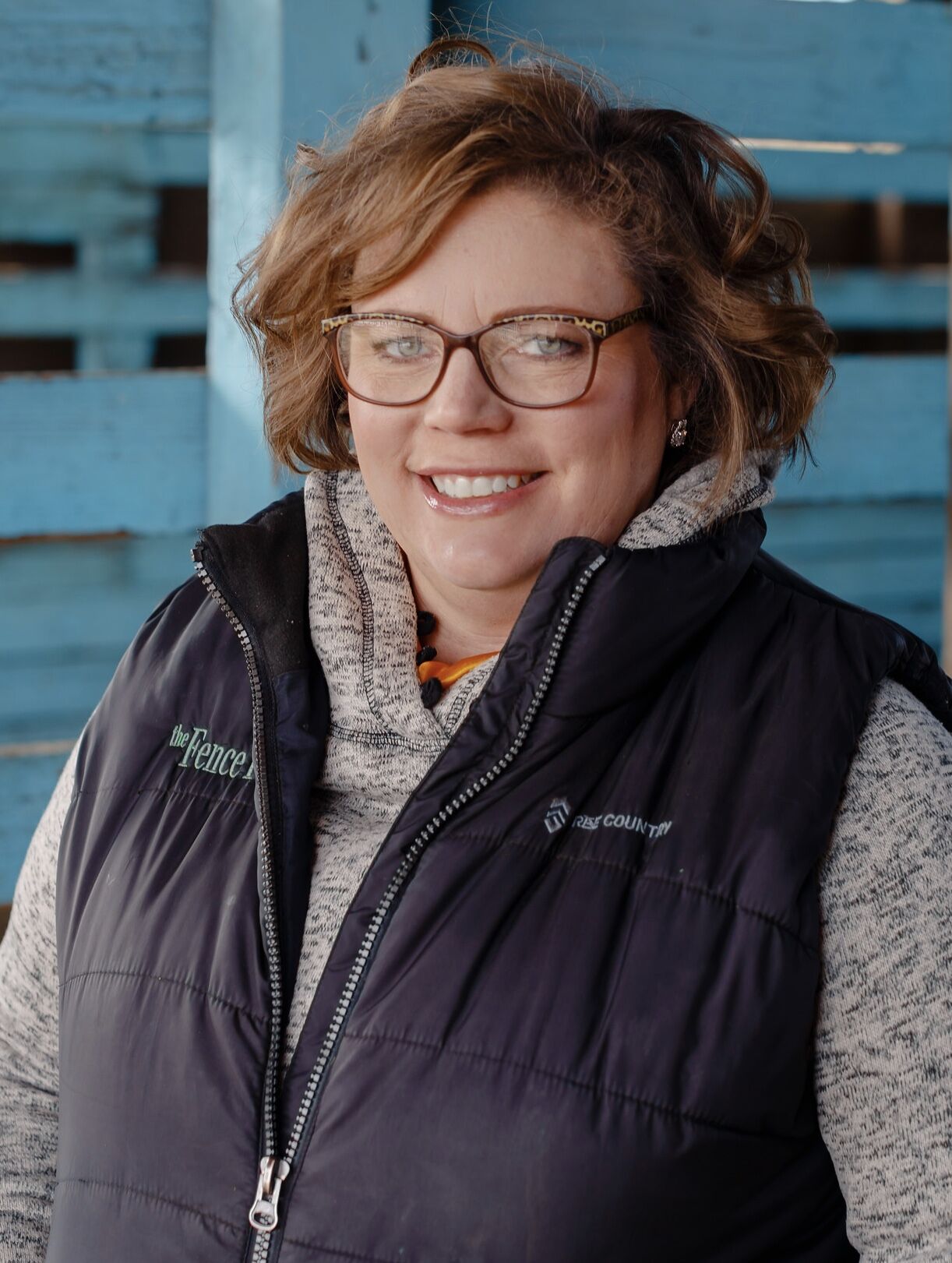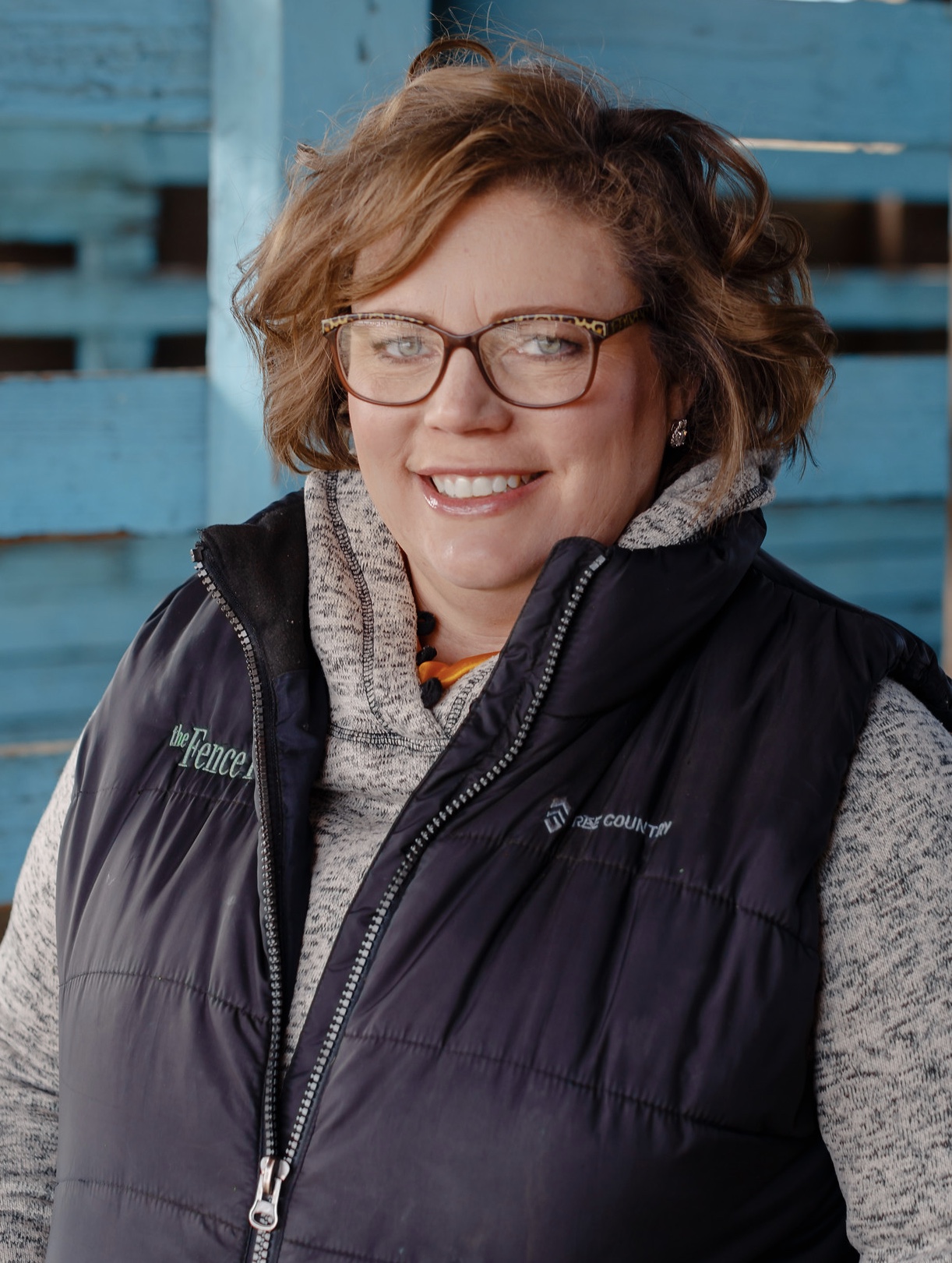GABEL | State ag officials should represent more than a political agenda


The Colorado Department of Agriculture is preparing to venture out of the Front Range to convince livestock producers that Gov. Jared Polis’ pick to direct the Bureau of Animal Protection is a good one. Dr. Rebecca Niemiec didn’t make Deputy Commissioner Steve Silverman’s short list of four finalists, but Polis put forward his list of four candidates including Niemiec and she was ultimately hired.
As the director of the Bureau of Animal Protection, she will train and oversee the hundreds of BAP agents across the state and will work with law enforcement, veterinarians and others to investigate reports of animal cruelty and neglect. The Governor has also asked for an additional $345,058 to fund full-time employees to enhance the resources of the BAP. One of those positions that has already been posted is the lead investigator for animal welfare issues and another, reportedly, is a forensic veterinarian. I anticipate there will be a number of people who make their living raising animals who will ask both Greenberg and Dr. Niemiec what the CDA’s plans are that require so much additional fire power.
Niemiec’s hiring prompted a letter to Polis from House Republicans that question “the qualifications of Dr. Niemiec, as none of her academic titles show relative experience in the fields of study that are necessary to hold a managerial position.” The letter also questions her background which “shows no reputable experience or competence toward the CDA’s mission statement… to strengthen and advance Colorado agriculture; promote a safe and high-quality food supply.”
At the most recent meeting of the Agriculture Commission, Commissioner Kate Greenberg said Niemiec will continue some of the work she is involved in at her current job at Colorado State University as an Assistant Professor in the Human Dimensions of Natural Resources Department, but didn’t specify what work that might be.
It’s possible that her work managing a half-million-dollar National Science Foundation grant in partnership with Mercy for Animals and the City of Boulder to promote a vegan diet will continue. I can think of a number of places I would rather be than in Dr. Neimiec’s shoes in a room filled with ranchers when that question is asked.
It’s possible that her work to bring wolves to the state will continue. She will undoubtedly, in a room filled with agriculture producers, be asked whether that is the case. There is a growing number of ranchers in the northern part of the state who have lost working dogs and cattle to wolves before the introduced wolves set a paw on the ground. The most recent cow that was attacked on March 14 had to be euthanized. From the photos and statements available, it appears that the mother cow would have calved in the coming weeks. Since she was heavy with a pregnant belly, she was unable to stand or escape as the wolves ripped and tore the soft flesh of her vulva and left her, bleeding in the snow.
Governor Polis and his CDA have an opportunity before them to fill another key position with a candidate whose experience lies in agriculture rather than activism. Steve Silverman is departing, leaving the Deputy Commissioner seat empty. According to CDA’s responses to my open-records requests revealing the finalists, they haven’t settled on the final slate quite yet.
Commissioner Kate Greenberg came to CDA in 2018. Prior to her appointment, she was the Western Program Director for the National Young Farmers Coalition (NYFC), a non-profit that seeks to “transform agriculture” and “works for justice and collective liberation of our food and farm systems.” Their website is peppered with buzz words like “social justice,” “solidarity,” “climate crisis” and “farming as a public service.” I admit that even with my extensive involv4ement in agriculture, I’m unfamiliar with the organization but the language alone makes my stomach lurch much in the same way it does when Governor Polis uses the word bold.
To balance and complement Greenberg’s background, it would be logical – in addition to a strong statement to the producers who take Polis at his actions rather than his words with regard to his support of the agriculture industry – to have a Deputy Commissioner with Colorado agriculture experience. Niche markets have a place, but the state’s $7.3 billion in agriculture cash receipts in 2020 came primarily from cattle, milk and corn. It’s surely not too much to ask for a Deputy Commissioner who can speak to producers and on behalf of producers about the issues relevant to them, but I’ve been wrong before.
Rachel Gabel writes about agriculture and rural issues. She is assistant editor of The Fence Post Magazine, the region’s preeminent agriculture publication. Gabel is a daughter of the state’s oil and gas industry and a member of one of the state’s 12,000 cattle-raising families, and she has authored children’s books used in hundreds of classrooms to teach students about agriculture.













